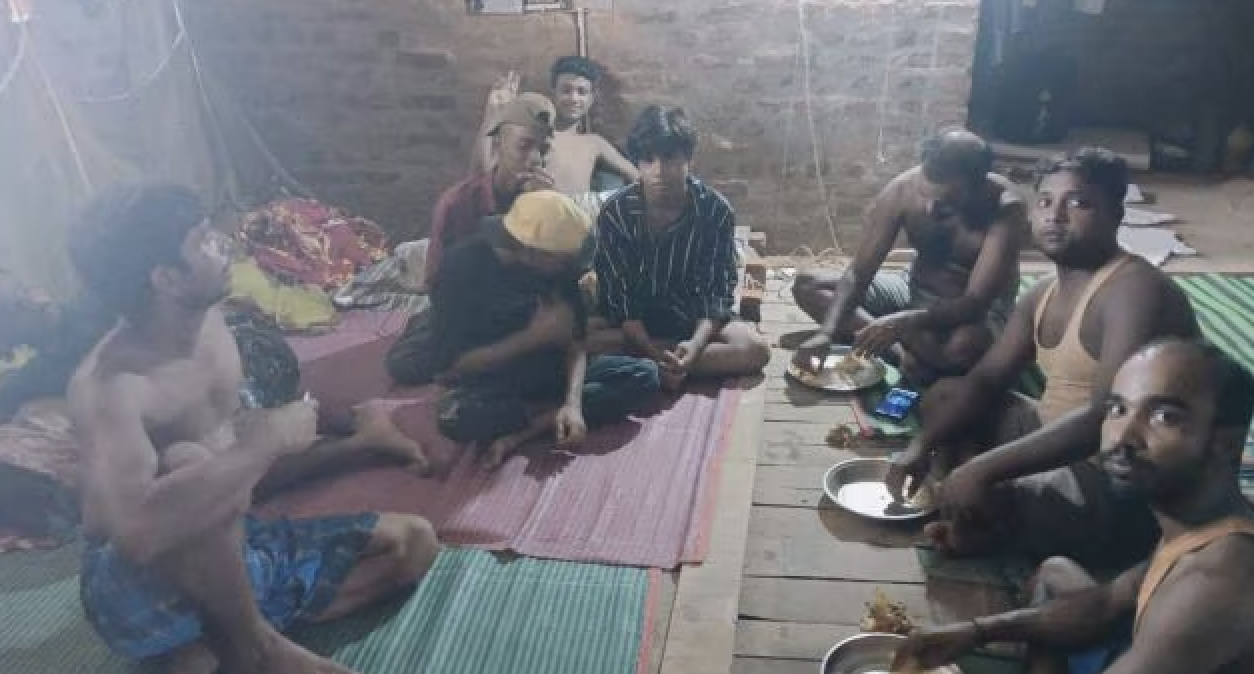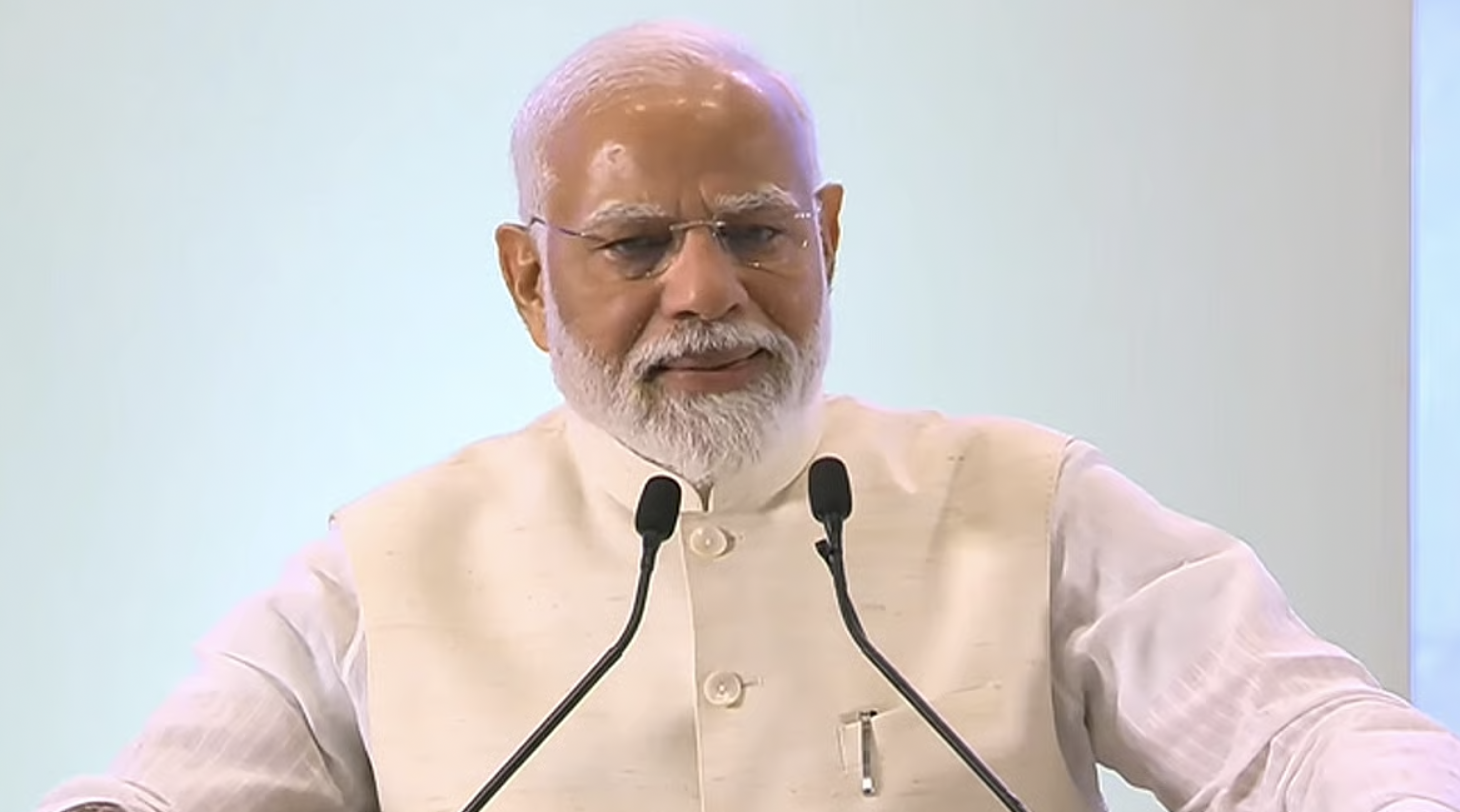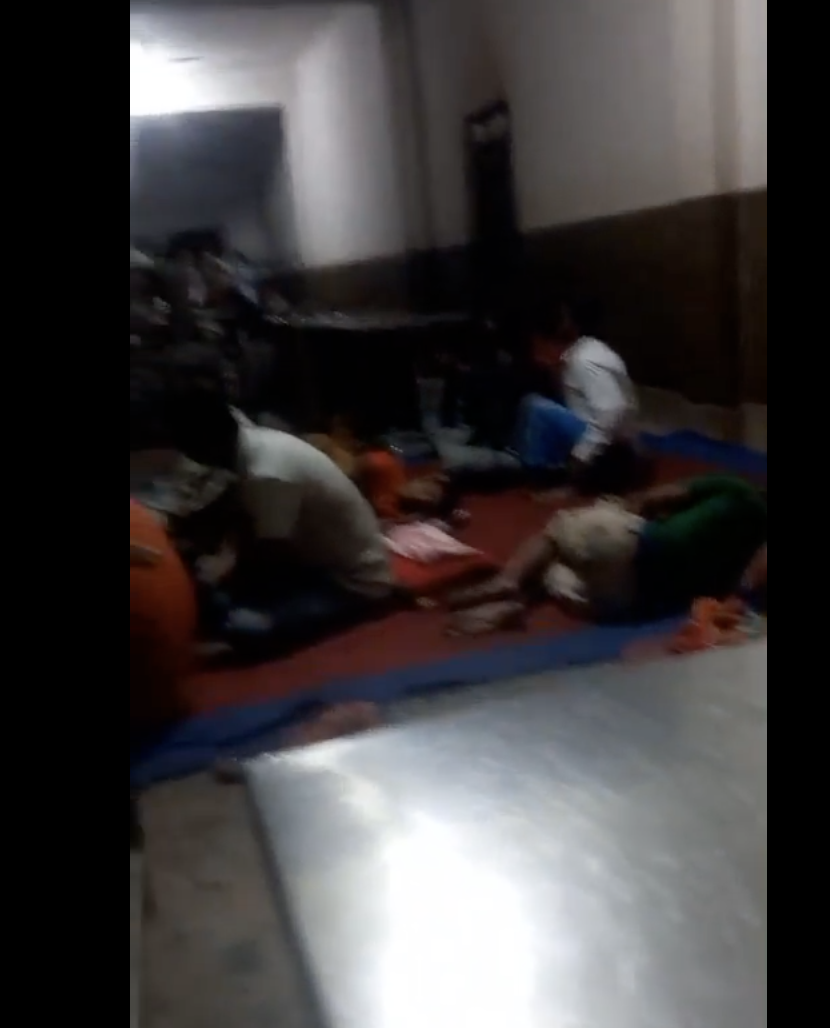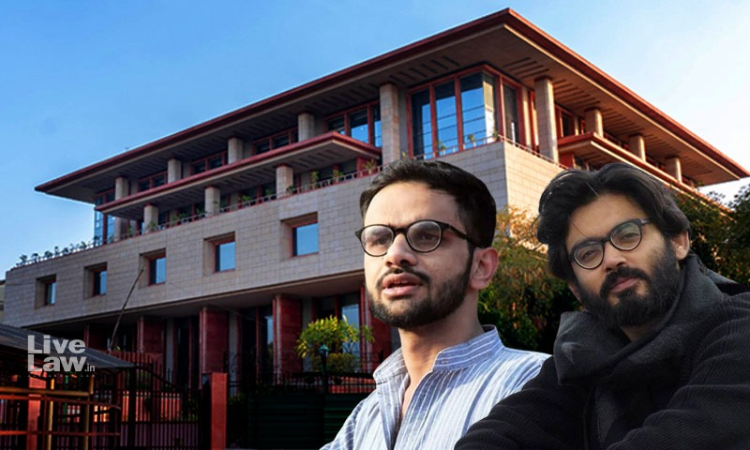By Manu Sebastian
When Justice MR Shah was appointed as a Supreme Court judge in November 2018, there was a general speculation that he is likely to be a pro-executive judge, especially in view of the public comment made by him about Prime Minister Narendra Modi a few months before his elevation. In August 2018, as the Chief Justice of the Patna High Court, Justice Shah hailed Prime Minister Narendra Modi as a “model and hero”. This widely reported comment raised a lot of eyebrows. The practice of judges showering praises on executive functionaries, whose decisions are likely to come before them for judicial review, was still considered an aberration then, though the notions of propriety underwent a change over the following years. Judges expressing their admiration for the Prime Minister through speeches and even judgments have become a norm (Justice Shah, after becoming a Supreme Court judge, again praised PM Modi calling him “our most popular, loved, vibrant and visionary leader”).
As Justice Shah demits office after dealing with several important constitutional and politically sensitive matters, the initial speculation about his term stands somewhat fortified. He consistently took a pro-State approach on issues related to fundamental rights and civil liberties. So much so, one could make easy predictions about the outcome of certain matters when they are listed before his bench. So, in Arup Bhuyan case, when Justice Shah’s judgment overruled the precedents which held that mere passive membership in a banned organization will not constitute an offence under the UAPA, not many were surprised. The 2011 precedents which held that some sort of overt violent act should be proved to invoke UAPA than merely showing passive membership was a shield available for individuals against the draconian law, which has been weaponised against dissenters and activists. Justice Shah’s judgment, which had repeated invocations of national security and the objectives of UAPA, did not have any application of the doctrine of proportionality, which has been formulated by larger bench decisions to ascertain if restrictions on freedoms are constitutional.
In politically sensitive issues, it appears that Justice Shah took an overzealous interest, disrupting appearances of neutrality. For example, in the PIL filed by BJP member Ashwini Upadhyaya alleging that widespread and rampant illegal conversions were taking place across the country, Justice Shah expressed reluctance to go into the bona fides of the petition and to test the veracity of the claims made in it. The intervenors in the case pointed out that the petitioner had filed a similar petition earlier in the Supreme Court, which was withdrawn after Justice RF Nariman refused to entertain it. They also highlighted that the petitioner was making exaggerated claims to target the minorities and that certain statements were extremely communal and derogatory to minority religions. Even before considering these objections, Justice Shah made statements endorsing and encouraging the petition at the threshold stage. He also categorically said that the objections regarding maintainability won’t be considered. Justice Shah’s comments were music to a particular section which has been whipping up the ‘conversion’ bogey for electoral gains. While Justice Shah did not pay heed to the objections raised by intervenors that the petitioner has made scurrilous statements against minority religions, another judge of the bench- Justice S Ravindra Bhat- made a crucial intervention to ask the petitioner to remove such portions. Later, the petition got transferred to the bench led by CJI DY Chandrachud, who chastised the petitioner for making derogatory statements against other religions. CJI also told the petitioner that one can’t keep on filing the same petitions after withdrawing them.
Likewise, in the petition filed by Wazim Rizvi @ Jitendra Tyagi seeking to ban political parties with religious names and symbols, Justice Shah showed willingness to entertain the matter. When the Election Commission of India took a clear stance that there is no statutory provision to de-register such parties, there was nothing much the Court could have achieved by keeping the matter alive. Justice Shah was not initially moved by the the objections raised by respondents that the petitioner was only targeting few parties with Muslim sounding names, leaving out parties with names and symbols of other religions. After vehement objections raised by Senior Advocate Dushyant Dave, Justice Shah relented and asked the petitioner to add all such parties in the petition, so as to avoid an allegation that one particular community was targeted. His colleague in the bench Justice Nagarathna openly disapproved of the petitioner’s selective approach and reminded that he should also be secular. Few weeks before Justice Shah’s retirement, the petitioner himself chose to withdraw the petition.
In the Chattisgarh NAN scam matter, a politically sensitive matter with allegations against the government of Chhattisgarh, the parties objected to the listing of the matter before a bench led by Justice MR Shah and requested the CJI to reassign the matter.
Due to some coincidence, cases of persons who have voiced dissent against the establishment, such as Sanjiv Bhatt, Sanjiv Chaturvedi, Professor GN Saibaba, were listed before his bench. The special sitting allowed for State of Maharashtra’s appeal against the acquittal of Professor GN Saibaba and others had raised eyebrows (more on this can be read here). In the Saturday sitting, a bench comprising Justices MR Shah and Bela Trivedi stayed the acquittal in Saibaba case.
The Union’s appeal in whistleblower Indian Forest Service Officer Sanjiv Chaturvedi’s case was hotly contested before Justice Shah’s bench and the matter was ultimately referred to a larger bench on a point of law.
Sanjiv Bhatt’s petitions seeking suspension of sentence in the criminal case and also seeking to produce additional evidence in appeal were also considered by Justice Shah’s bench. While the former was withdrawn, as regards the latter, Bhatt sought Justice Shah’s recusal on the ground the judge had passed adverse orders and strictures against him in the High Court while dealing with an earlier application in the same matter. In his last working week, Justice Shah rejected Bhatt’s plea for recusal by terming it as an attempt in bench-hunting. The bench also refused to allow Bhatt to produce additional evidence in the criminal appeal. Interestingly, a few days ago, Justice Shah’s colleague in the bench, Justice CT Ravikumar, had recused from hearing the SNC-Lavlin case on the ground that he had dealt with an incidental proceeding in the case as a judge of the Kerala High Court…
This story was originally published in livelaw.in. Read the full story here






